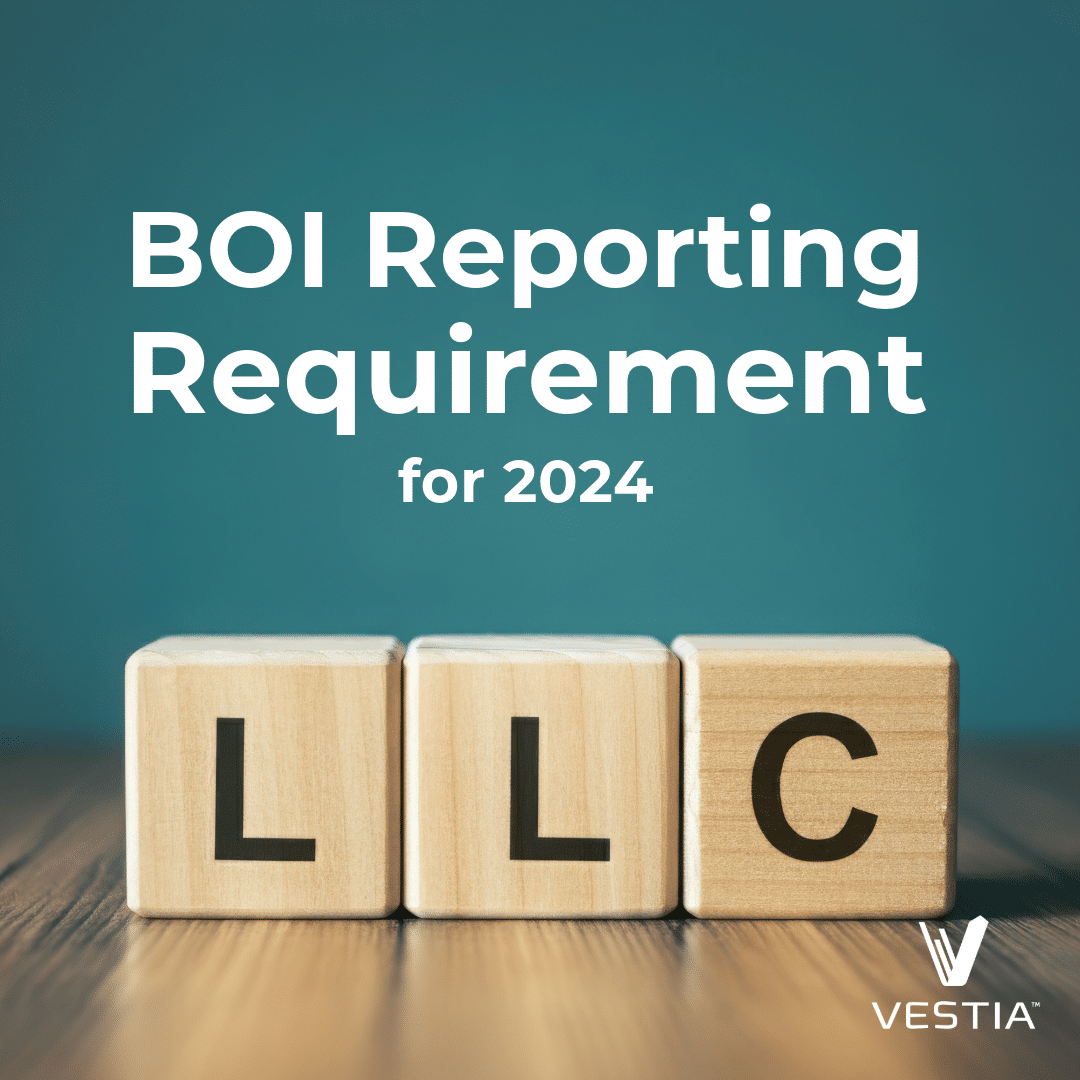Many physicians benefit from sophisticated asset protection, and estate planning is an essential part of that conversation.
An estate plan helps protect and preserve your assets after you pass and works to provide a smooth financial transition for family and loved ones.
How can doctors create an intentional estate plan that aligns with their goals?
Creating a Will-Based or Trust-Based Estate Plan
As with every other element of your financial plan, you have options. Conceptually, one of the main ones in estate planning is deciding between a will-based plan and a trust-based plan.
A will-based plan instructs the court how you want your assets distributed upon your passing (aka probate). Your will states who you wish to receive your assets and how you want them distributed, among other elements like guardians and trustees to your children.
A trust-based plan accomplishes the goal of asset division differently, namely by actively avoiding the probate process. This type of plan employs trusts, such as a revocable trust, to hold title to your assets during your lifetime and transfer those assets upon your death.
How do you decide? Is a revocable trust a suitable route for you? Let’s take a closer look.
Breaking Down a Revocable Trust
A revocable trust, or a living trust, is essentially a will replacement. It can be a great addition to your estate plan because it can change over time, unlike an irrevocable trust that can rarely undergo alterations.
Remember, trusts have three parties—grantor: you, trustee: person/entity who controls the trust’s asset, and beneficiary: who receives the assets.
Why can revocable trusts avoid probate? They have a built-in administrative process for directing the assets—which, in a nutshell, is the goal of probate court. Sidestepping probate gives you the agency to create a path for your assets that your family will likely have greater access to.
You can set up a revocable trust in 3 steps:
- Establish the trust with the help of an attorney
- Fund the trust through investments, bank accounts, or other assets
- Make changes as necessary
Just like the name implies, revocable trusts are revocable, meaning that they can be amended or changed at any time. Unlike irrevocable trusts, which cannot be altered for any reason—there are some minimal exceptions.
4 Key Benefits of A Revocable Living Trust
While there are several advantages to establishing a revocable living trust, concentrate your efforts on these four.
Upon your passing, a revocable trust avoids the probate court process entirely because the assets belong to the trust. In general, probate can be costly, time-intensive, and public, so it makes it easier for your family to avoid.
With a revocable trust, you retain control over the assets within it while you’re still living, even if they technically belong to the trust. This also means that any income earned by the trust’s assets can go to you, adding additional cash flow opportunities. Keep in mind that the income is taxed as ordinary income.
Revocable trusts are also flexible. You can make changes or amendments at any time while you’re alive, for any reason. They aren’t restrictive, so you always have access to your money.
Lastly, revocable trusts are private. Documents aren’t kept in the public record, which retains your estate and your family’s privacy.
Trusts, in general, are suitable for a controlled way to pass assets to heirs, and with a revocable trust, the asset transfer process is more seamless. Your family is already grieving your loss; why not make anything you can easier on them?
The Power Of Continuity: An Estate Planning Case Study
We met a young widow with a child whose physician husband passed prematurely. She was referred to us shortly after his passing as she was trying to sort through his affairs.
He had several solely owned brokerage accounts that didn’t employ a transfer on death designation, meaning she had to wade through probate to access those accounts. The aftermath compounded so much stress, and it became incredibly cumbersome for her to get access to those accounts as the bills kept piling up.
Had those brokerage accounts been held in a revocable trust (or employed TOD designations), the transition of assets to our client would have been much more straightforward and taken that burden off her plate.
Important Drawbacks to Consider
While there are several advantages to revocable trusts, there are also disadvantages. The most notable are:
- No additional tax benefits or tax advantage to reduce estate taxes
- Not all accounts are eligible for inclusion in the trust
- You must take the time to retitle your assets to the trust (but our team at Vestia helps with this)
- Set-up and maintenance of the trust is expensive
- No asset protection
The lack of asset protection puts many doctors at a disadvantage. While that doesn’t mean revocable trusts are off the table, it just adds another layer to consider.
Is It Right For Doctors?
Estate planning is so much more than writing your wishes down on a piece of paper. Instead, it’s taking a comprehensive look at your needs. Who would you like to advocate for you? Who do you trust to make medical or financial choices on your behalf?
You can also make a plan for your children. When will they inherit money? Who will help them manage it? Who will raise them? Think about your estate plan through a value-based lens.
As with most financial planning topics, there is no right or wrong answer here. The decision to create a revocable trust relies solely on your unique situation and values, but you don’t have to do it alone. Get in touch with our team to start talking about options for your estate plan.
Disclosures
Investment advisory services offered through Vestia Personal Wealth Advisors, Vestia Retirement Plan Consultants, and Vestia Advisors, LLC. Securities offered through Ausdal Financial Partners, Inc., 5187 Utica Ridge Rd, Davenport, IA. 52807 (563)326-2064. Member FINRA/SIPC. Vestia Personal Wealth Advisors, Vestia Retirement Plan Consultants, Vestia Advisors, LLC, and Ausdal Financial Partners, Inc. are independently owned and operated.
This material is intended for informational purposes only. It should not be construed as legal or tax advice and is not intended to replace the advice of a qualified attorney or tax advisor. This information is not an offer or a solicitation to buy or sell securities. The information contained may have been compiled from third-party sources and is believed to be reliable.



